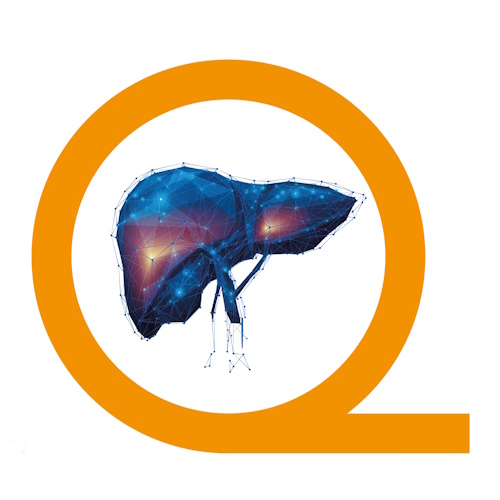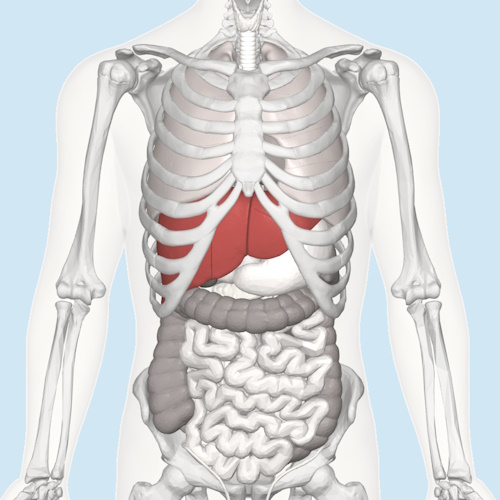Key points from article :
Yaqrit, a UCL spinout, has announced successful trials for two innovative liver disease therapies, Carbalive™ and Dialive™. These treatments are based on over 20 years of research from UCL's Liver Failure Group. The therapies aim to provide new options for patients suffering from cirrhosis and liver failure, conditions that currently have limited treatment alternatives.
Carbalive™ was developed to treat cirrhosis, a chronic liver disease affecting millions globally. The trial demonstrated that the treatment is safe and well-tolerated, with patients showing improvements in biomarkers related to liver function. Carbalive™ works by using specially engineered carbon beads that help remove harmful molecules from the gut, a factor linked to inflammation in cirrhosis patients.
Dialive™, on the other hand, targets liver failure, a condition with few effective treatments apart from liver transplants. In clinical trials, Dialive™ proved safe and showed that patients experienced quicker recovery from organ failure compared to those in the control group. The therapy uses a dual filtration system, similar to kidney dialysis, to remove toxins and damaged albumin from the blood, replacing the toxic albumin with fresh, healthy albumin
Both therapies were tested in clinical trials conducted by academic-industrial consortia across eight European countries, including UCL, the European Foundation for the Study of Chronic Liver Failure (EFCLIF), and the European Association for the Study of the Liver (EASL). Yaqrit’s pipeline of liver disease treatments, including these therapies, holds potential to improve the lives of millions affected by cirrhosis and liver failure.
These early results suggest Carbalive™ and Dialive™ could become vital tools in treating liver disease and reducing the need for liver transplants.







